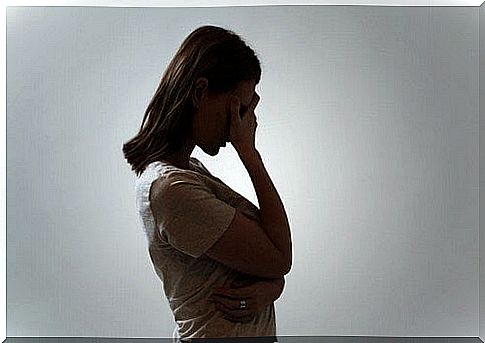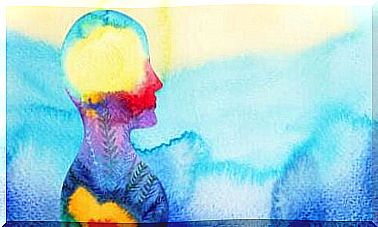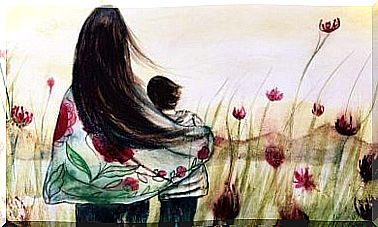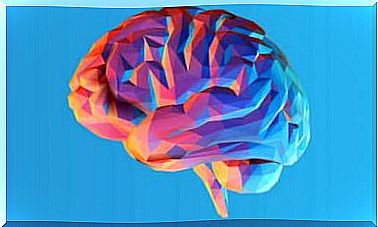Having Hurt Someone And Psychological Burden

Becoming aware of having hurt someone is a step forward, but it also means carrying a psychological burden that is sometimes not easy to get rid of. This is a situation where a solution can be found, but you can’t get there by turning away or apologizing when it’s too late.
Only people with very serious psychiatric disorders do not feel guilt, the latter are devoid of moral conscience and when they hurt others they experience the event as normal and even necessary. In a more or less mentally healthy person, however, a sense of guilt emerges.
Yet not all people experience guilt in the same way. Added to this is that there are errors and errors: sometimes the mistake leaves a feeling of inadequacy, but also the tranquility of the absence of serious consequences.
Other times, however, the consequences of having hurt someone are not irrelevant ; just then a certain psychological weight takes shape.

Hurting someone
We all have hurt someone at least once in our life, even without wanting to. There is no person with such self-control that he has never been wrong with his gestures, with his attitude or with his way of dealing with life. Similarly, we are not born emotionally mature enough and we usually become one mostly through mistakes.
The sense of guilt does not strictly depend on what is done or on the mentality with which it is faced. Small mistakes can sometimes cause strong remorse in some people, while others accept serious serious mistakes in a healthy way.
It also affects the way the situation evolves, the relationship one had with the person who was harmed and the current circumstances. If the situation has had very serious consequences that have persisted over time, the psychological burden can be considerable.
Finally, the situation changes if you have the opportunity to undo the damage done or if it is impossible, for example because the consequences are irreversible or because that person is no longer there.
Two types of guilt
Hurting someone can cause different types of guilt. The first is the sense of reasonable guilt and is characterized by a full awareness of the damage done, of its extent and of what personal moral rule has been broken. This is the case of an offensive comment following which you realize that you have been unfair to the person to whom it was addressed.
The second type is pathological guilt, which still has many dark spots. Sometimes the damage done is not recognized, but unconsciously one takes on its psychological burden. This can result in self-sabotage or shame. Mistrust and fear also appear: the sense of guilt turns into the feeling of having to receive punishment, but one cannot understand why or how.
Pathological guilt can present itself as an unspecified obstacle that gravitates around everything you do. The most paradoxical aspect is that the person ends up unconsciously wishing to suffer a punishment and inflicts it on his own without realizing it.

How to overcome the situation?
Forgiving yourself is critical to mental health, but it does not resolve itself simply by saying to yourself “I forgive me”. It is a process that begins with the identification of the damage perpetrated and its consequences.
Secondly, it is important to examine the circumstances: why have we not acted according to our values and our rules? What prevented it? What psychological circumstances prevailed and why was it impossible to act differently?
Having hurt more than once is due to immaturity, deficiencies or misconceptions, but also impulses that work their way through lack of self-control or conflicts that have not been worked through in the right way in due time. We must adopt the appearance of a good friend and try to understand us for what we are: human beings.
From then on, the phase of forgiveness begins, always after having understood ourselves. Therefore, it is time to remedy where possible, apologize for what we have done and explain our mistake, expressing our commitment not to repeat it in the future.









